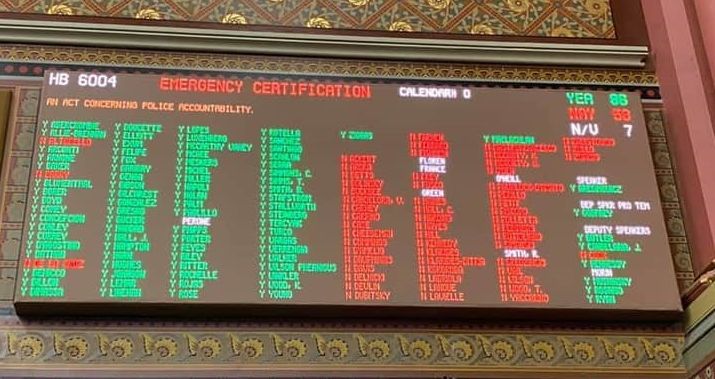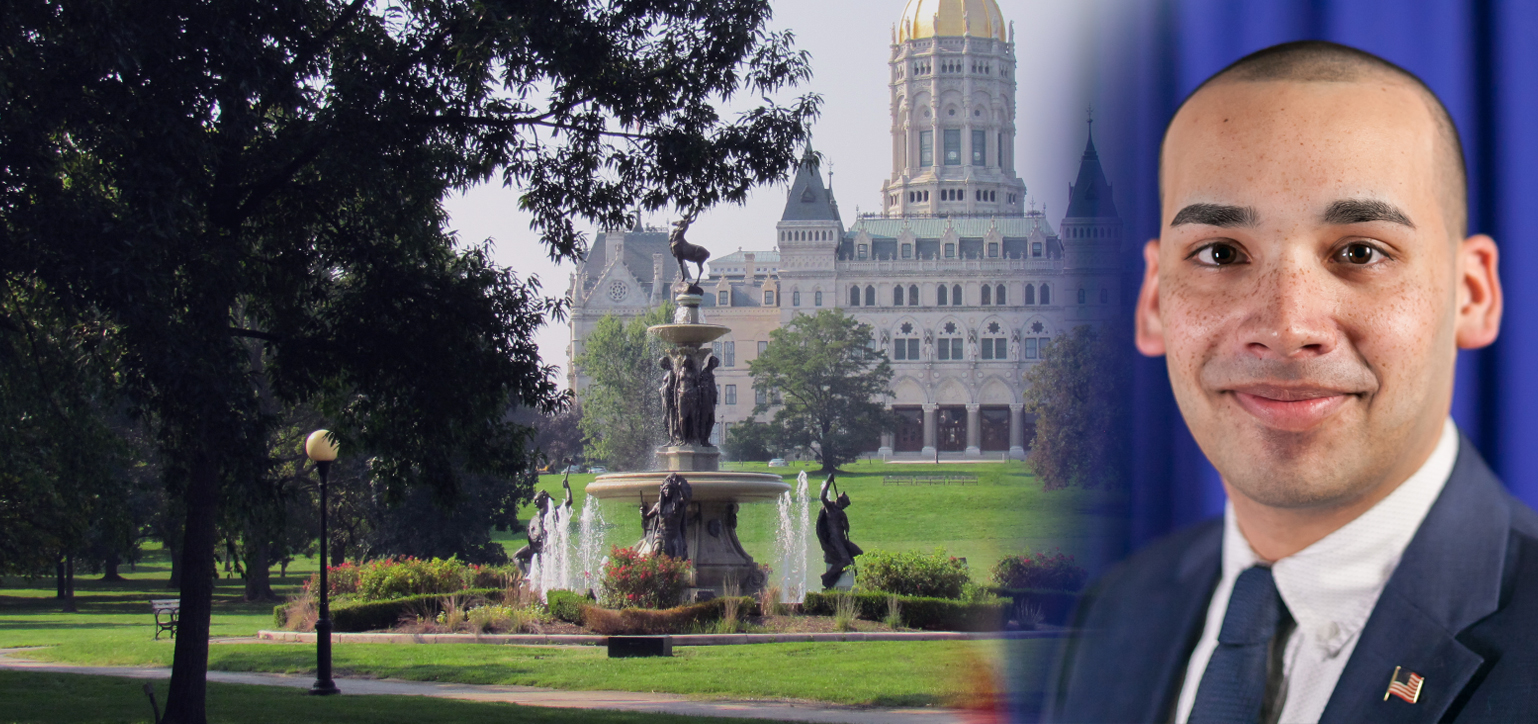House acts on passes Police Accountability legislation
July 24, 2020This morning the Connecticut General Assembly voted on an Act Concerning Police Accountability.

I have been and continue to be supportive of law enforcement and our first responders. In considering the issues we now face, I had extensive conversations with friends in law enforcement, as well as law enforcement leadership in Bethel, Danbury, Redding, and Newtown. I also met with and listened to members of the community.
The bill in question, House Bill 6004, An Act Concerning Police Accountability, includes several reforms, such as requiring implicit bias training, penalties for falsely reporting an incident, requiring body and dashboard cameras, and establishing a duty to intervene. These vital reforms will help rebuild trust among police and the communities they protect and serve. After a lengthy and spirited debate, HB 6004 passed 86-58, and was sent to the Senate for consideration.
In response to concerns from law enforcement, I helped remove a section regarding whether police officers ought to work road construction sites — an assignment that pays overtime. One of the provisions that has generated the most interest concerns qualified immunity.
At the federal level, the qualified immunity doctrine means that a police officer can only be held accountable for violating someone’s constitutional rights if they have violated “clearly established” case law, even in situations where an officer acted with malice. And yes, qualified immunity even protects a law enforcement official if that individual intentionally violates the law, shielding the bad actor from appropriate accountability. Establishing the power of accountability, which all of us are otherwise subject to and the existence of consequences for egregiously bad behavior, is critical to repairing the bond of trust between law enforcement and our communities.
Some law enforcement officials are concerned that if qualified immunity is removed, police officers may fail to act as otherwise necessary for fear of being sued. I heard those voices and have worked with my colleagues to include language in the bill that clarifies and amends this section to address these serious concerns, which I share.
What this bill will do is create a new cause of action for a victim or victim's family to sue when someone abuses their position as a law enforcement official. The courts will still dismiss frivolous lawsuits from the outset. The offenses that trigger the limits on qualified immunity must be deliberate and extremely serious – such as false arrest, sexual assault of a detainee, or murder. Responding to law enforcement concerns and to allow room for any adjustments, I have also fought to have this section be enacted July 1, 2021 and applicable to any cause of action arising from an incident committed on or after July 1, 2021.
This vote is a difficult decision, but leadership requires that we sometimes do the right thing, even, or especially, when it’s unpopular or misunderstood. I care too much about the good men and women of our local law enforcement to let bad actors sully their reputation without any fear of accountability.
That is why I voted in favor of today's bill. As a nation and as a community, we must heal. This is a step towards that healing.





